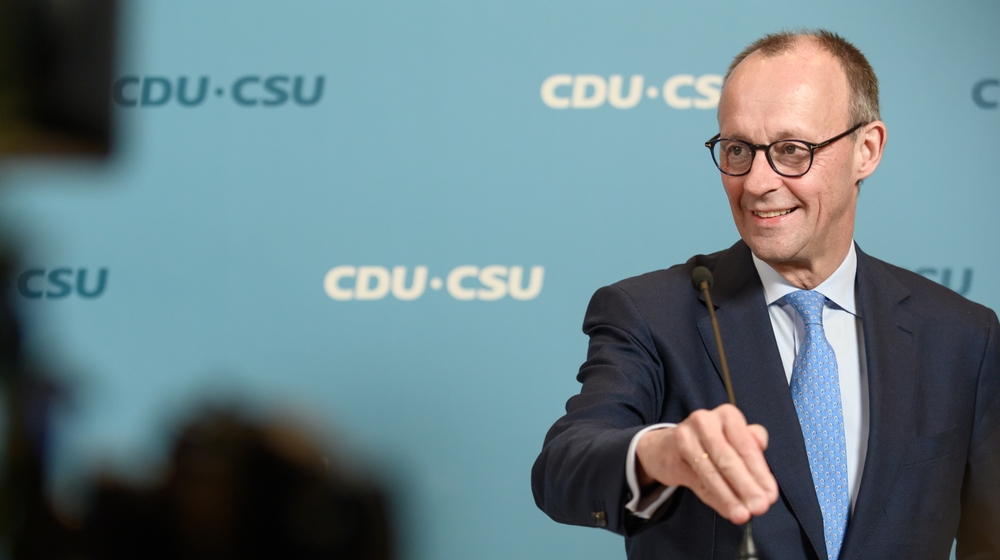Germany’s incoming chancellor assembles a government blending business leadership and political experience amid economic strain
Others are reading now
Germany’s new coalition government, led by conservative Friedrich Merz, is set to be sworn in on May 6, at a time of deep political division and persistent economic stagnation. As reported by HotNews.ro, Merz has vowed swift action to modernize Europe’s largest economy and has tapped a mix of corporate executives, close allies, and traditional politicians to carry out his agenda.
“We will have a government that is determined to move Germany forward through reforms and investments,” Merz declared after the coalition agreement was signed between the center-right CDU/CSU bloc and the center-left SPD.
Key Cabinet Figures
The incoming administration blends policy veterans with figures from Germany’s business elite. Among them is Katherina Reiche, the newly appointed economy minister, formerly the CEO of Westenergie and board member at several European energy and automotive firms. Reiche, a CDU member, is expected to bring industry expertise to a ministry critical to reversing Germany’s economic downturn.
The Foreign Ministry will be headed by Johann Wadephul (CDU), a parliamentarian with a defense portfolio and close ties to Merz. Analysts say Wadephul’s role will be to amplify the chancellor’s foreign policy priorities, especially concerning relations with the U.S., China, and Russia.
Also read
For the digitalization portfolio, Merz tapped Karsten Wildberger, the outgoing CEO of Ceconomy, marking a shift toward technological modernization. Wildberger’s corporate background is intended to accelerate Germany’s often-lagging digital transformation.
Balancing Coalition Politics
To appease their coalition partner, the SPD, several key ministries have gone to party veterans. Lars Klingbeil becomes vice chancellor and finance minister. Once aligned with the SPD’s left flank, Klingbeil now supports military expansion and centrist reforms. Meanwhile, Boris Pistorius retains his role as defense minister, having gained popularity for his straightforward leadership and hawkish stance on Russian threats.
Other SPD appointments include Stefanie Hubig as justice minister, Baerbel Bas as labor minister, and Thorsten Frei (CDU) as Merz’s chief of staff, an organizational linchpin.
The coalition also reflects Germany’s heightened focus on immigration policy. Alexander Dobrindt (CSU), taking over as interior minister, is expected to push for stricter migration controls amid surging support for the far-right AfD.
Together, Merz’s cabinet is designed to bridge economic pragmatism with political stability—an ambitious undertaking as Germany wrestles with internal challenges and global uncertainties.


